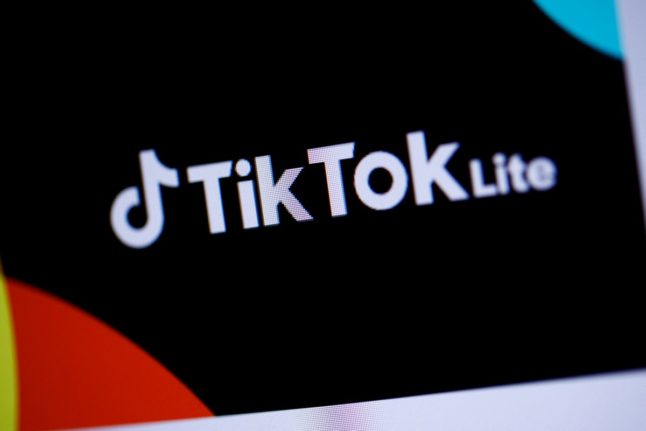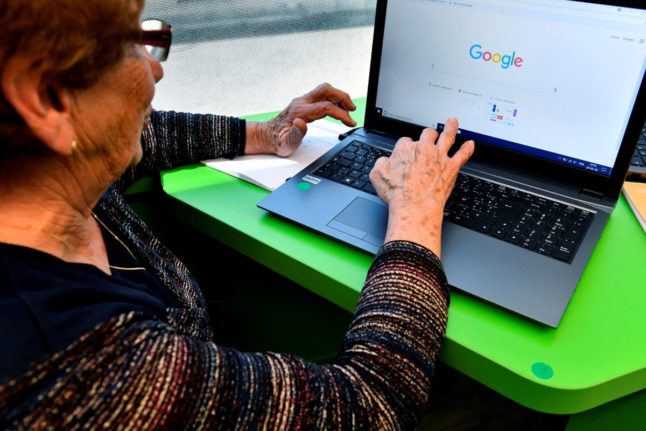The new rewards app TikTok Lite arrived in the two countries this month and allows users aged 18 and over to earn points that can be exchanged for goods like vouchers or gift cards.
The commission said TikTok, owned by China’s ByteDance, should have carried out the risk assessment before deploying the app and now wants “more details”.
The demand “concerns the potential impact of the new ‘Task and Reward Lite’ programme on the protection of minors, as well as on the mental health of users, in particular in relation to the potential stimulation of addictive behaviour”, it said.
The commission said in a statement it also wants to know what measures the platform has put in place to mitigate the risks identified.
The request for information was made under a new content moderation law known as the Digital Services Act (DSA), which has stringent rules for 22 of the world’s biggest online platforms including TikTok.
The demand is a first step in a procedure and does not mean TikTok will face further action. That would depend on what information the company gives to the EU.
Alongside the 24-hour deadline for the risk assessment, TikTok must provide the other information by April 26, the commission said.
The company said it would honour the request.
“We have already been in direct contact with the commission regarding this product and will respond to the request for information,” a TikTok spokesperson said.
This is not the first time TikTok is in the European Union’s crosshairs.
Brussels in February opened a formal probe under the DSA into TikTok over alleged breaches of its obligations to protect minors online.
Its focus is especially on whether the company is doing enough to address negative impacts on young people.
The commission has made similar requests for information from TikTok over other issues including the risks to upcoming EU elections in June from artificial intelligence.



 Please whitelist us to continue reading.
Please whitelist us to continue reading.
Member comments